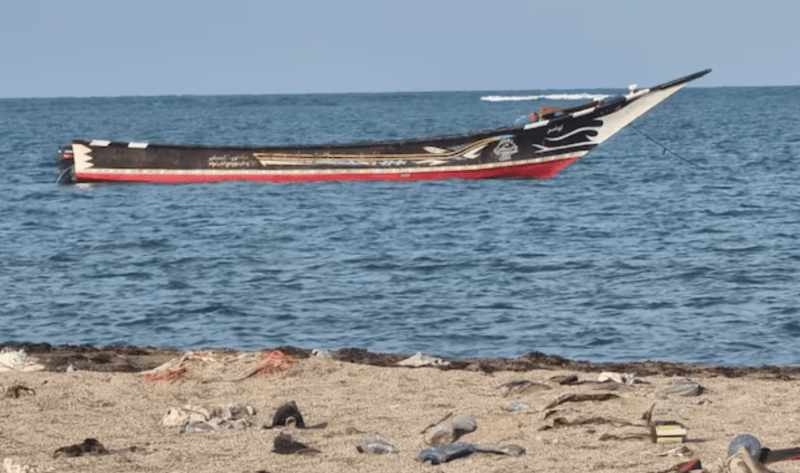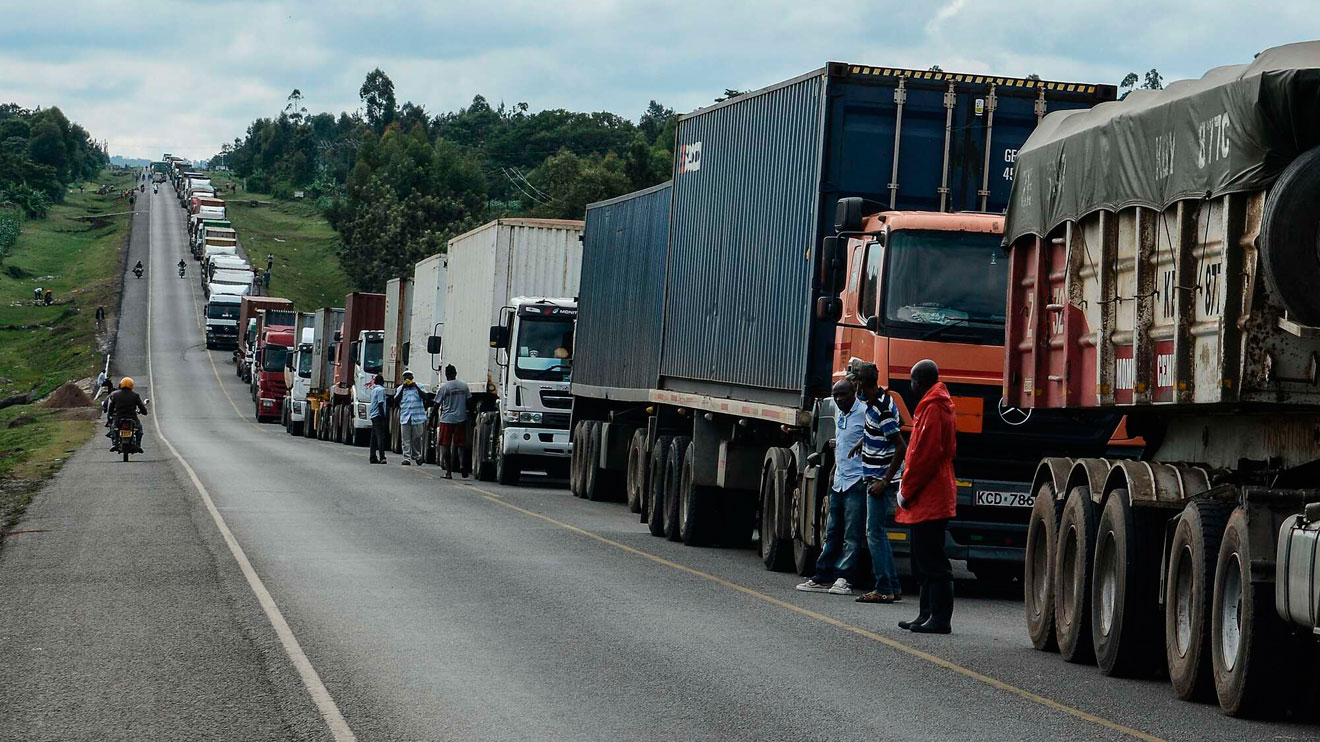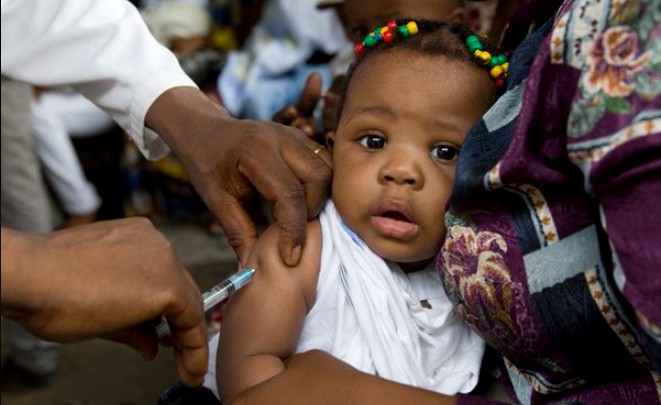UK sanctions 25 people-smuggling kingpins, enablers in global crackdown

The sanctions aim to disrupt the flow of money and materials that sustain these criminal networks, freezing property, bank accounts and other assets used to fund people-smuggling.
Gang ringleaders, including some from Africa, key intermediaries and suppliers of people-smuggling equipment have been hit with the UK’s first-ever sanctions targeting irregular migration and organised immigration crime.
The announcement, made on Wednesday, is part of the Foreign, Commonwealth and Development Office (FCDO)’s three-pronged disrupt, deter, return strategy, which aims to tackle irregular migration globally and dismantle criminal networks through sanctions.
More To Read
- Man charged with schoolgirl’s murder shocks court, seeks plea deal
- Cases of police misconduct rises despite overall drop in crime -Report
- Kenya’s criminal gangs trace back to independence era, NCIC says
- NCIC warns of criminal gangs using social media to recruit, mobilise
- Six communities dominate jobs in parastatals and public universities, NCIC says
- Report links corrupt officials to rising criminal networks in Kenya
The measures target 25 individuals and entities at the heart of people-smuggling operations driving irregular migration to the UK.
“Today’s sanctions target individuals and entities involved in people-smuggling and driving irregular migration to the UK, from a small boat supplier in Asia to informal hawala money movers in the Middle East, and gang leaders based in the Balkans and North Africa,” the FCDO said in a statement.
North Africa is both a significant source of migrants heading to Europe and a key transit region used by smugglers moving people from East Africa towards the UK.
The dangerous journey often sees victims trafficked from Eritrea, Ethiopia, Somalia or Sudan to transit hubs such as Khartoum or Kassala, before being moved to Libya. From there, they attempt to cross the Sahara Desert or take the Tunisia/Algeria route into Southern Europe via the Mediterranean, and ultimately to the UK.
Other sanctioned entities are involved in a range of activities, including supplying small boats explicitly for smuggling, sourcing fake passports, facilitating illicit payments via hawala networks, and smuggling people by lorries and small boats.
Among those sanctioned is Muhammed Khadir Pirot, a hawala banker accused of operating informal money transfer networks that smugglers rely on to take payments from migrants.
Also named is Bledar Lala, an Albanian national who controls the ‘Belgium operations’ of an organised criminal group smuggling migrants from Belgium across the English Channel to the UK.
A company in China has also been sanctioned for advertising small boats online, explicitly for use in people-smuggling.
“The boats advertised are of the type used by criminal gangs to pack migrants before sending them across the Channel at huge risk,” the FCDO added.
The UK is also sanctioning Alen Basil, a former police translator reported to lead a large smuggling network in Serbia, which terrorised refugees with the help of corrupt police officers. Basil was found living in a house in Serbia worth over one million euros, allegedly bought with money extorted from desperate migrants.
Another individual, Mohammed Tetwani, the self-styled “King of Horgos”, has also been sanctioned. Tetwani is accused of brutally running a migrant camp in Horgos, Serbia, and leading the Tetwani people-smuggling gang, which is notorious for its violent treatment of refugees unable to pay.
The sanctions aim to disrupt the flow of money and materials that sustain these criminal networks, freezing property, bank accounts and other assets used to fund people-smuggling.
“All those sanctioned today are publicly named and barred from engaging with the UK financial system, further undermining their operations,” the FCDO stated.
UK Foreign Secretary David Lammy said the consequences of this decisive action would be felt worldwide.
“From Europe to Asia, we are taking the fight to the people-smugglers who enable irregular migration, targeting them wherever they are in the world and making them pay for their actions. My message to the gangs who callously risk vulnerable lives for profit is this: we know who you are, and we will work with our partners around the world to hold you to account,” he warned.
The FCDO works closely with source and transit countries to deter potential migrants from making dangerous journeys, and with the Home Office to secure the return of those who have no legal right to remain in the UK, including criminals and failed asylum seekers.
“These new sanctions give the UK a new means to pursue, undermine and frustrate the operational capability of a wide range of organised immigration crime networks, including those who facilitate or enable offending,” the FCDO explained.
The designations are the first under the UK’s new Global Irregular Migration Sanctions Regime, which empowers the FCDO to sanction not only individuals and entities directly involved in people-smuggling to the UK, but also any financiers and companies found to be enabling such activities.
The office has worked closely with the National Crime Agency and other partners to build cases and ensure the measures complement ongoing law enforcement efforts.
Top Stories Today














































